
Women’s health encompasses a broad range of medical concerns unique to women throughout different stages of life, from adolescence and reproductive years to menopause and beyond. It covers not only gynaecological health but also hormonal balance, mental wellness, heart health and more. As such, a proactive approach to women’s health empowers women to live well and age confidently.
Biological and hormonal differences mean that women face distinct health challenges compared to men. These include conditions such as polycystic ovary syndrome (PCOS), endometriosis and cervical or breast cancers, which require dedicated screening and care. Heart disease and osteoporosis also often present differently in women and may go unnoticed without routine checks.
In fact, women’s health differs significantly from men's, as per the table below:
| ASPECT | WOMEN’S HEALTH | MEN’S HEALTH |
| Hormonal Differences | Influenced by:Oestrogen and progesteroneHormonal fluctuations throughout the menstrual cyclePregnancyMenopause | Dominated by testosterone, but relatively stable hormone levels until gradual decline with age (andropause). |
| Reproductive System | Includes menstruation, pregnancy, childbirth and menopause. As such, it requires regular gynaecological care. | Involves prostate and testicular health. Additionally, reproductive issues are less complex but still significant. |
| Chronic Disease Risk | Higher risk of osteoporosis, autoimmune diseases and thyroid disorders. | Higher risk of heart disease at a younger age, liver disease and certain cancers, especially prostate cancer. |
| Cardiovascular Health | Symptoms of heart disease may be subtly present, such as fatigue and nausea. However, the risk increases after menopause. | More likely to be present with classic symptoms, such as chest pain, with higher overall cardiovascular risk earlier in life. |
| Mental Health | More prone to depression, anxiety and eating disorders. Additionally, hormonal changes can influence mood. | Higher rates of substance abuse and suicide and less likely to seek mental health support. |
| Cancer Screening | Requires regular screening for cervical (Pap smear), breast (mammogram) and ovarian cancers. | Requires prostate checks (PSA test, DRE) and testicular self-examination. |
| Urinary Health | Higher incidence of urinary tract infections (UTIs) due to a shorter urethra, with pelvic floor disorders more common. | Lower UTI risk, but more prone to urinary symptoms related to prostate enlargement with age. |
| Bone Health | Greater risk of osteoporosis, especially after menopause, due to oestrogen decline. | Slower bone density loss. Osteoporosis is less common but still possible with age. |
| Menopause vs. Andropause | Menopause causes abrupt hormonal shifts affecting multiple systems. | Andropause is more gradual and less clearly defined. Additionally, symptoms can be vague or underreported. |
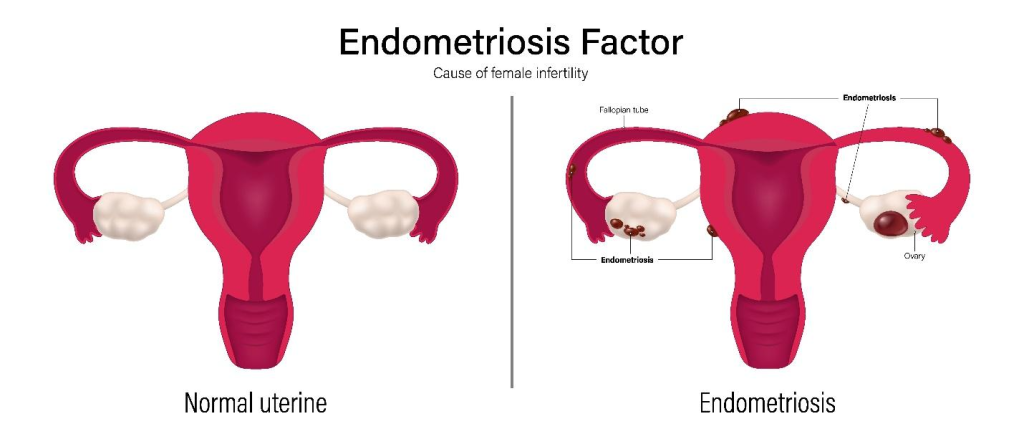
Some of the most common concerns addressed in women’s health include:
A woman’s health needs are dynamic and evolve significantly at different stages of life. Each phase brings its own physical, hormonal and emotional changes, which may require specific screening, treatment or lifestyle adjustments. Understanding these milestones allows for early intervention, better prevention and more personalised care. Subsequently, helping women stay healthy and well-informed throughout their lives.
Women’s health needs evolve through life:

Good health does not happen by chance. It is built through regular habits and support. In fact, some of the key steps include:
During a women’s health consultation, healthcare professionals take the time to understand your unique concerns, priorities and health goals. You can typically expect:
Women’s health services in Singapore are widely accessible through both public and private healthcare providers. Whether you are seeking routine screening, support for a specific concern or ongoing management of a long-term condition, there are multiple avenues available to support your needs at every stage of life.
Some of the key places to access women’s health services include:
| AVENUE | PURPOSE |
| Polyclinics and General Practitioners (GPs) | Polyclinics and GP clinics serve as a first point of contact for general health concerns, preventive screening (such as Pap smears) and basic reproductive or hormonal issues. GPs can also provide referrals to specialists if further care is required. |
| Gynaecology Specialists | Gynaecologists offer expert care for more complex or ongoing women’s health issues, such as abnormal menstrual bleeding, fibroids, endometriosis, infertility or menopausal symptoms. They can also conduct detailed investigations like ultrasounds and biopsies and perform surgical interventions if needed. |
| Women’s Clinics and Wellness Centres | These dedicated clinics focus on women-specific needs, including fertility assessments, hormone regulation, menopause management, sexual health and preventive screening. Many also offer integrated services such as nutritional counselling, physiotherapy and mental wellness support tailored for women. |
| Public Hospitals | Public hospitals provide access to subsidised specialist care through referrals from polyclinics or GPs. They offer a full spectrum of diagnostic, medical and surgical services for women’s health, including high-risk pregnancy care, oncology and gynaecological surgery. |

Taking charge of your health is a powerful act of self-care. Whether you are navigating hormonal changes, planning a family or simply prioritising preventive care, you deserve support that respects your experiences and empowers your decisions.
At Phoenix Medical Group, we understand that women’s health is deeply personal and often complex. Our team is committed to providing compassionate, patient-centred care in a safe and respectful environment. We:
Whether it is a routine health check, menstrual irregularities, family planning or menopause support, we are here to guide you with care, clarity and confidence at every stage of life.
So, book a Women’s Health consultation with us today and kickstart your journey to a healthier, more confident future.
For most women, an annual health check is recommended. This may include a pelvic exam, Pap smear, breast screening and blood tests, depending on your age, medical history and risk factors. If you have ongoing health concerns or are planning a pregnancy, more frequent visits may be necessary.
Many young women see a gynaecologist between the ages of 13 to 15 for menstrual or puberty-related concerns. However, routine gynaecological visits typically begin around age 21 or earlier if you are sexually active or experiencing irregular periods, severe cramps or other reproductive health issues.
Yes, absolutely. Women’s health covers more than just sexual or reproductive activity. Menstrual health, hormonal balance, breast care and general wellness are all important, regardless of sexual activity.
Depending on your age and medical history, a women’s health screening may include:
Occasional irregularities can be normal, especially during adolescence, postpartum or perimenopause. However, consistently irregular periods, very heavy bleeding or missed cycles could signal underlying conditions such as PCOS, thyroid disorders or hormonal imbalances. It is best to consult a doctor if your cycle is frequently unpredictable.
Pain during intercourse is relatively common and can have multiple causes, including vaginal dryness, infections, endometriosis or emotional stress. Do not ignore it. Speak to a doctor to explore the cause and discuss appropriate treatment or support options.
Yes. While heart disease is more common with age, lifestyle, family history and conditions such as high blood pressure or diabetes can increase risk. Women may also experience different symptoms, such as fatigue, breathlessness or nausea, rather than chest pain. Do remember that regular check-ups help catch early signs.
A balanced diet, regular exercise, stress management and adequate sleep can support hormonal health. Avoiding smoking, reducing alcohol intake and maintaining a healthy weight are also important. In some cases, supplements or medical therapy may be recommended after evaluation.
Yes, some women find relief through lifestyle adjustments such as eating a balanced diet, exercising regularly and practising relaxation techniques. Herbal remedies and supplements like black cohosh or evening primrose oil may help, but it is important to consult a doctor before use to ensure they are safe and appropriate for you.
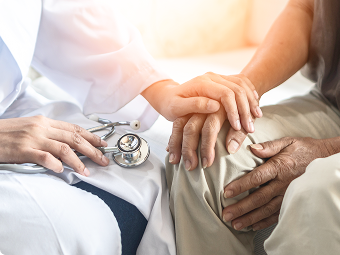
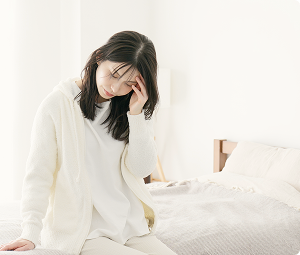
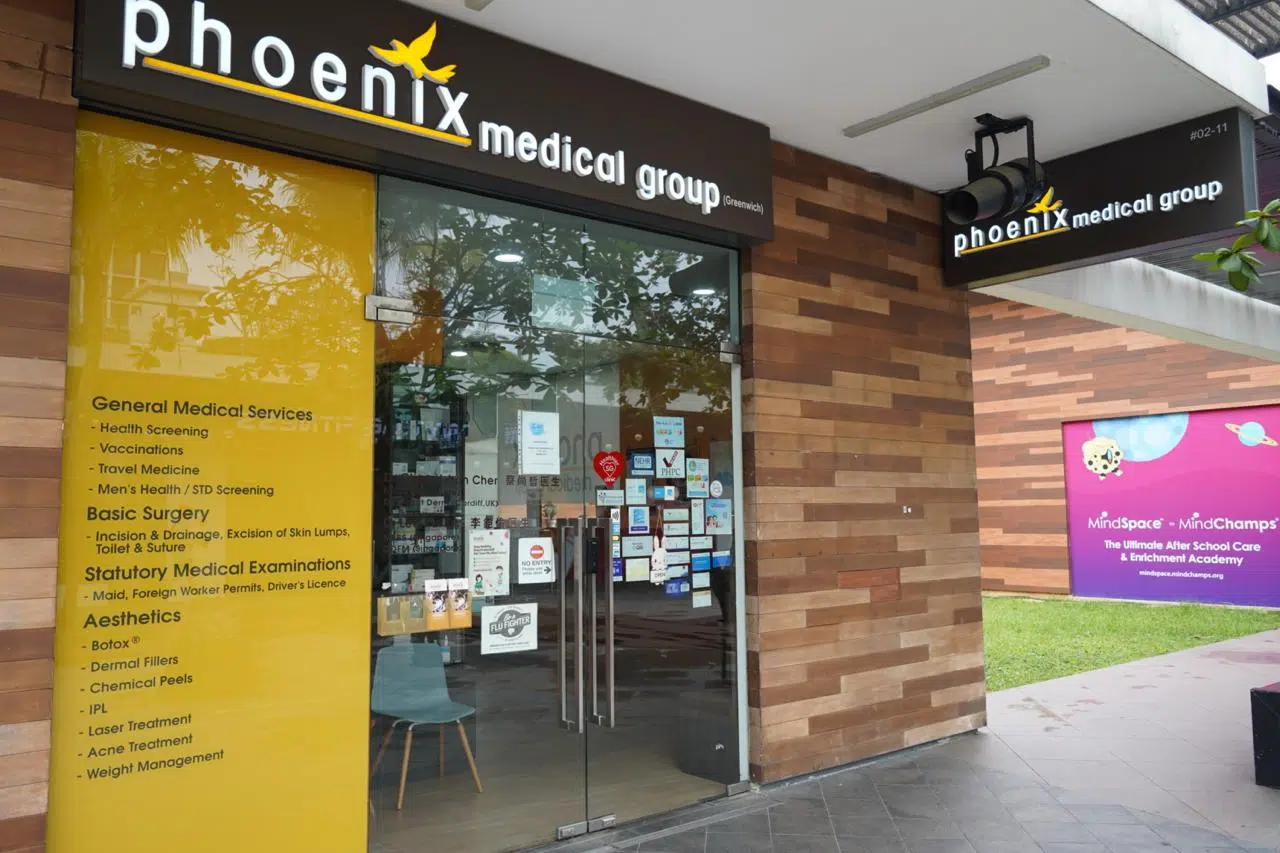
9:00am to 8:30pm
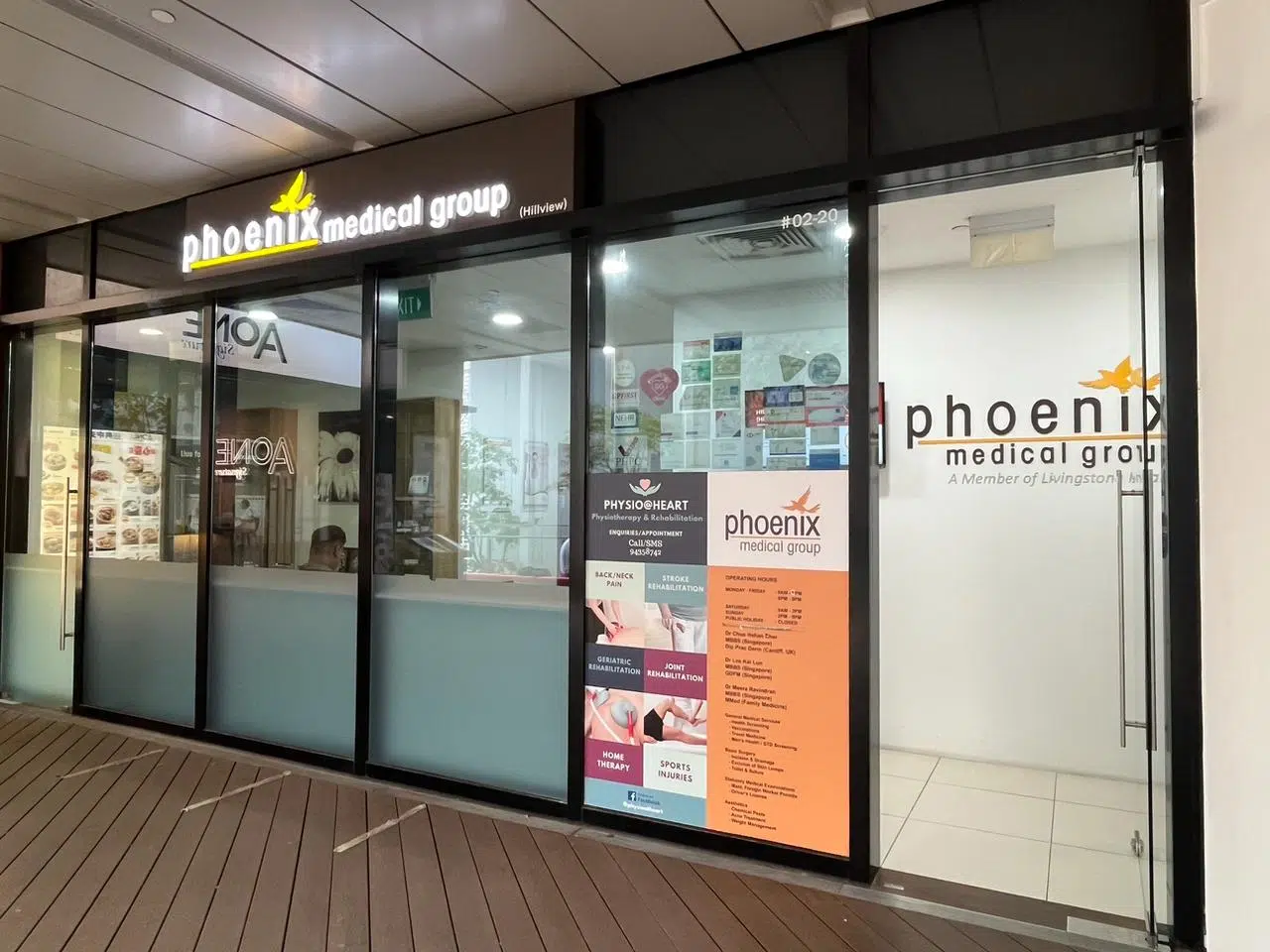
9:00 am - 4:30 pm, 6.00 pm - 8:30 pm
9:00 am - 1:30 pm
2:00 pm - 8:30 pm
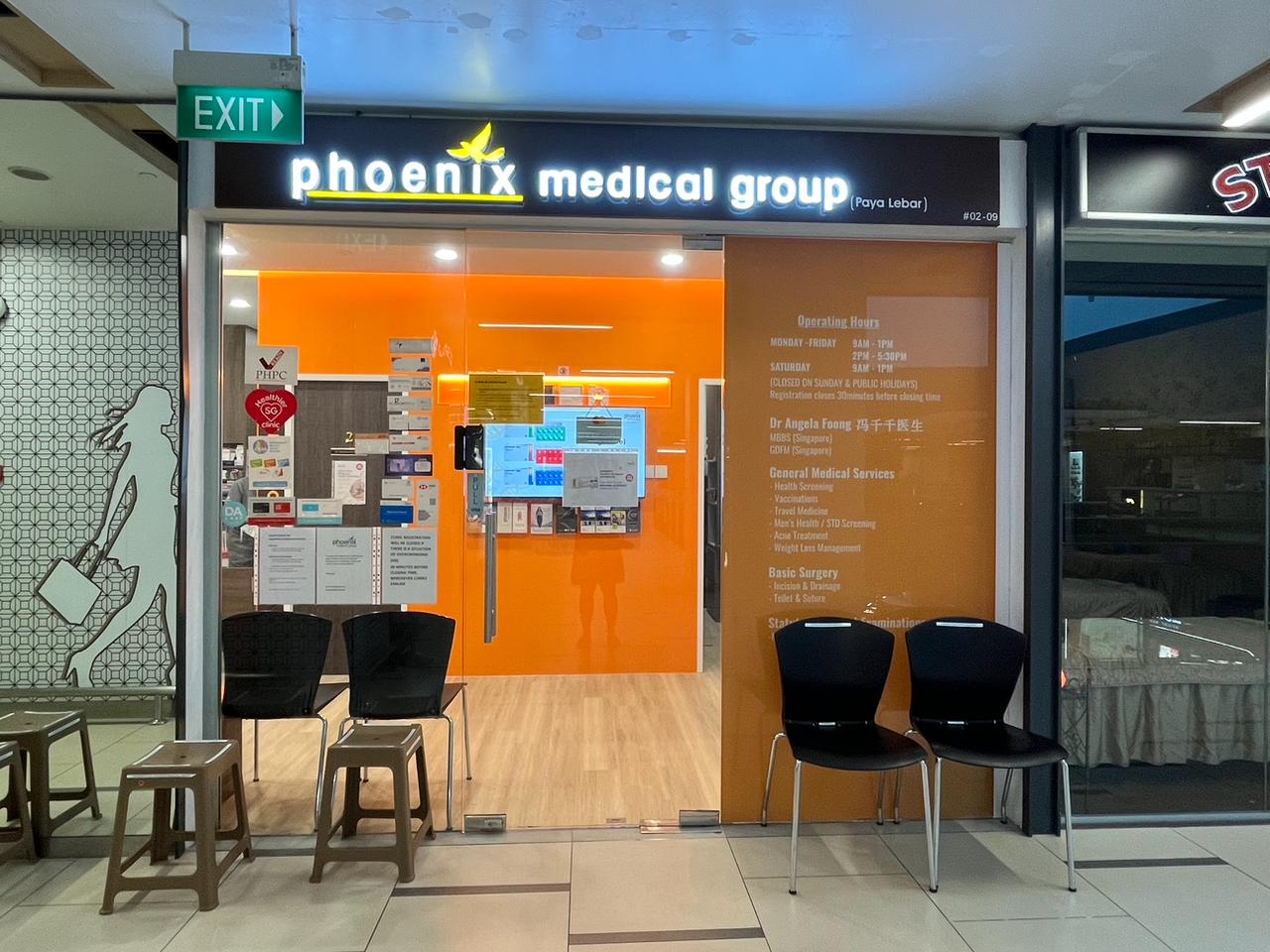
60 Paya Lebar Road, #02-09 Paya Lebar Square, Singapore 409051
9:00 am - 12:30 pm
2:00 pm - 5:00 pm
9:00 am - 12:30 pm

275 Thomson Road,
#01-05 Novena Regency,
Singapore 307645
9:00 am - 2:30 pm
6:00 pm - 8:30 pm (Mon, Tue, Wed & Fri)
9:00 am - 1:30 pm
2:00 pm - 8:30 pm
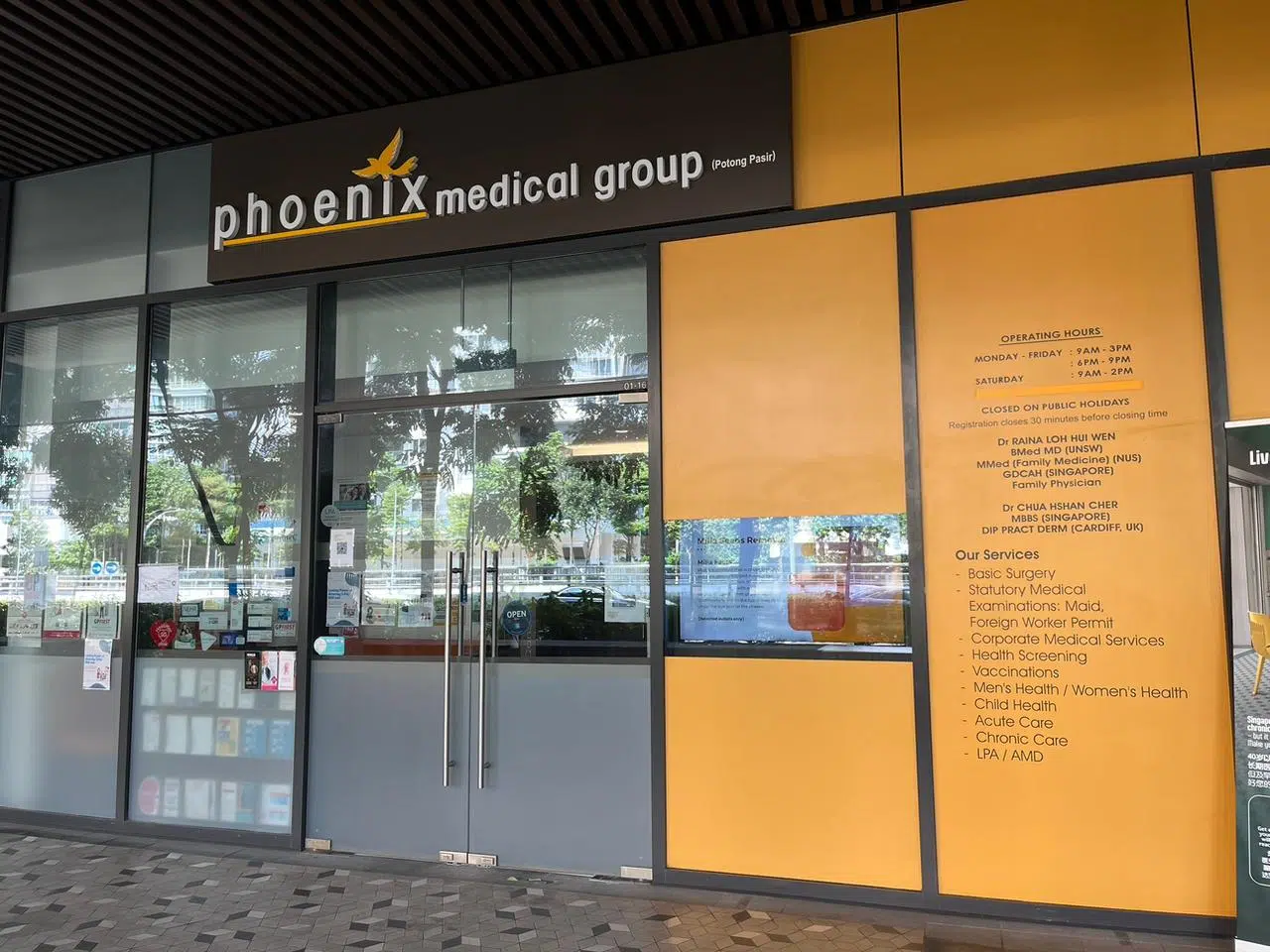
The Venue Shoppes,
2 Tai Thong Crescent, #01-16,
Singapore 347836
9:00 am - 3:00 pm
6:00 pm - 9:00 pm (Mon, Wed & Thu)
9:00 am - 2:00 pm
Closed
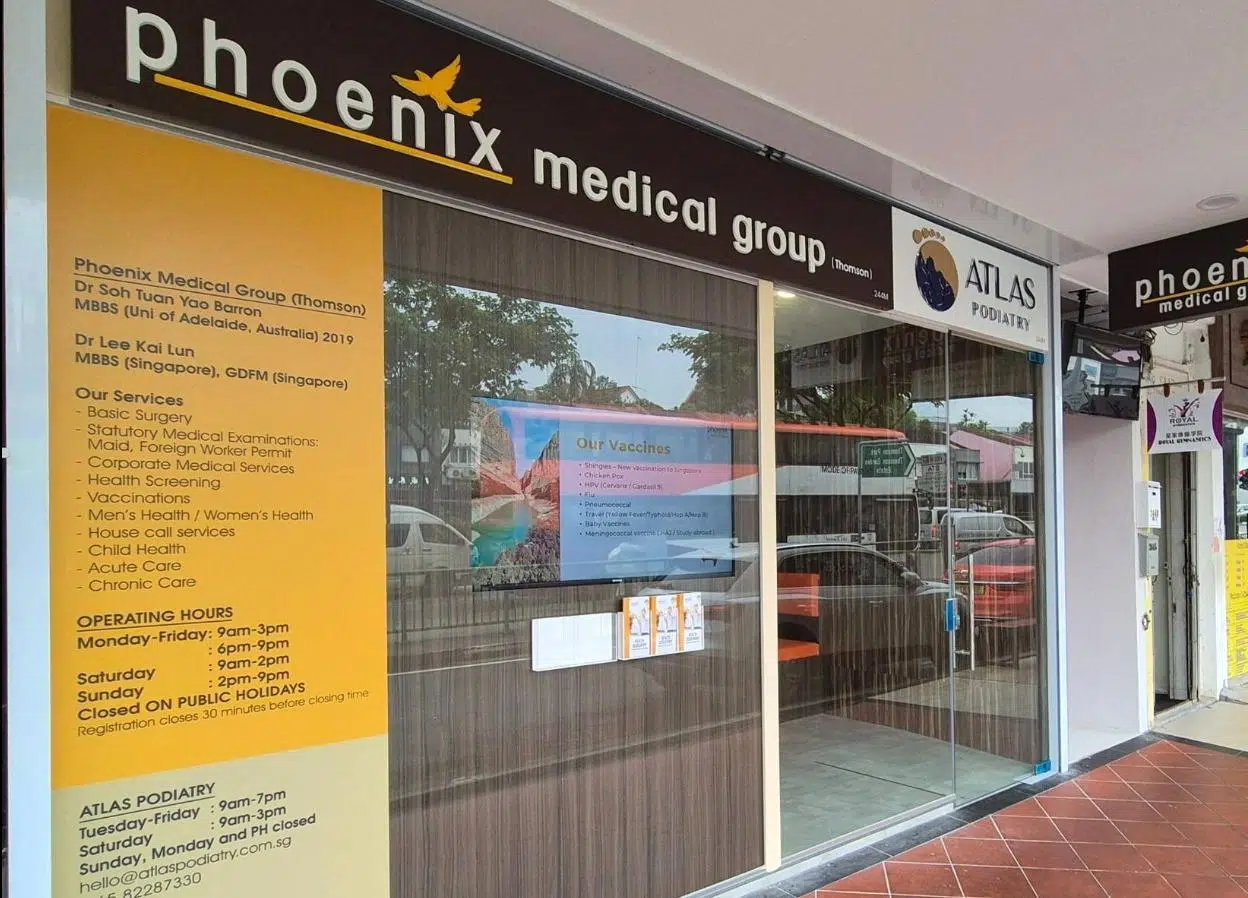
244M Upper Thomson Rd, Thomson Garden Estate, Singapore 574369
9:00 am - 3:00 pm
6:00 pm - 9:00 pm (Mon & Wed)
9:00 am - 2:00 pm
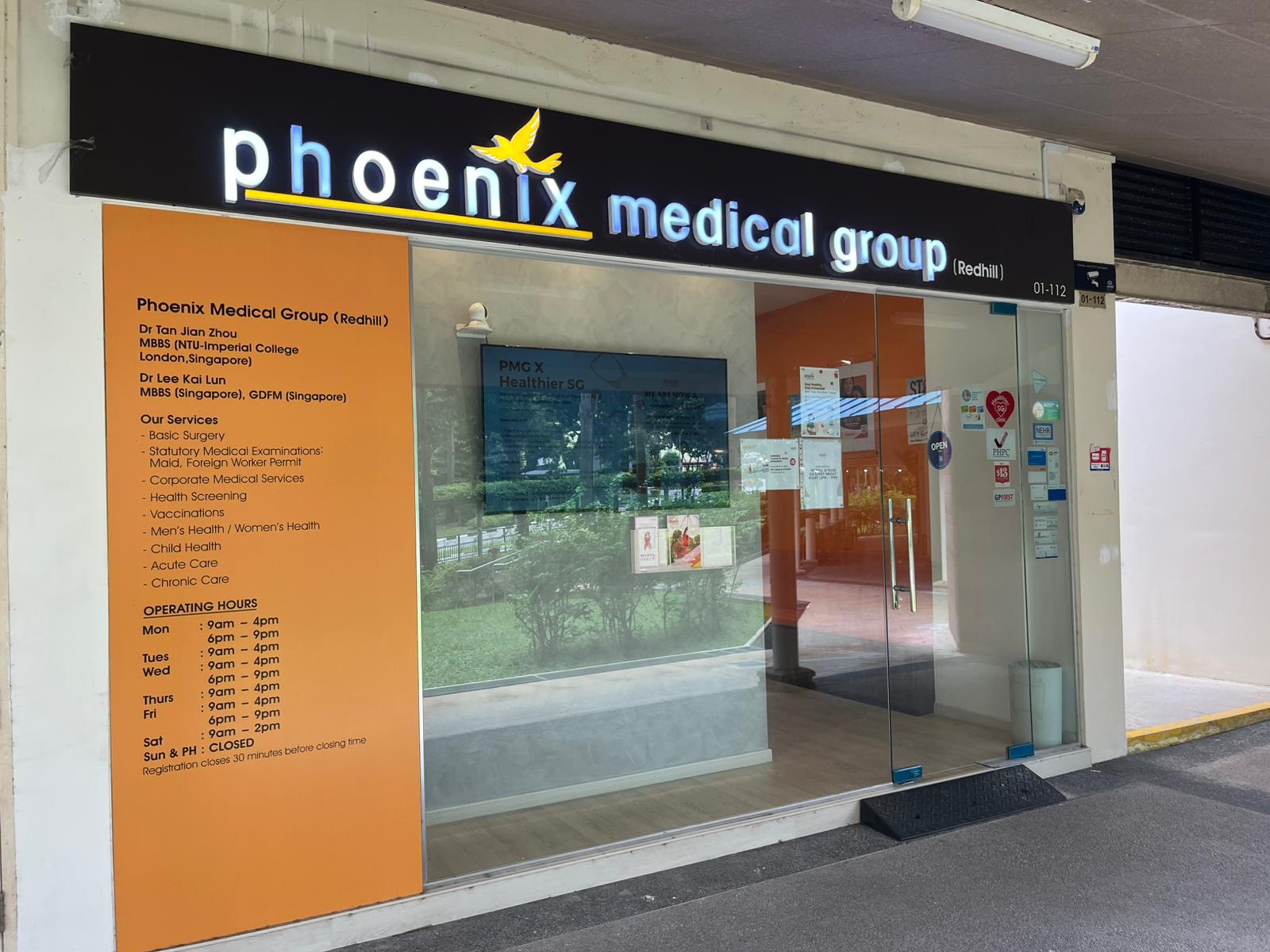
9:00 am - 4:00 pm
6:00 pm - 9:00 pm
9:00 am - 2:00 pm
Closed